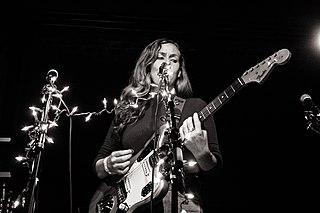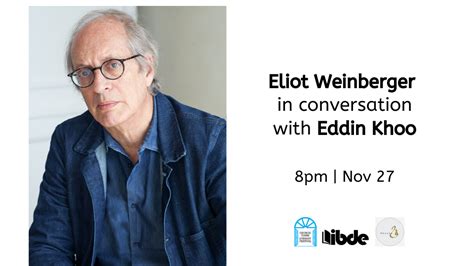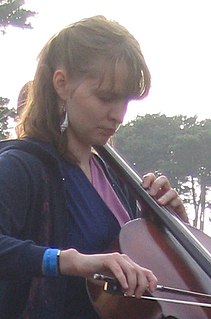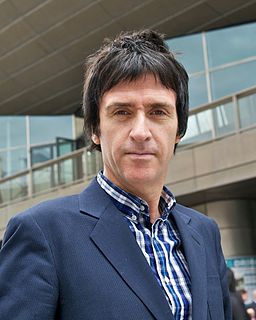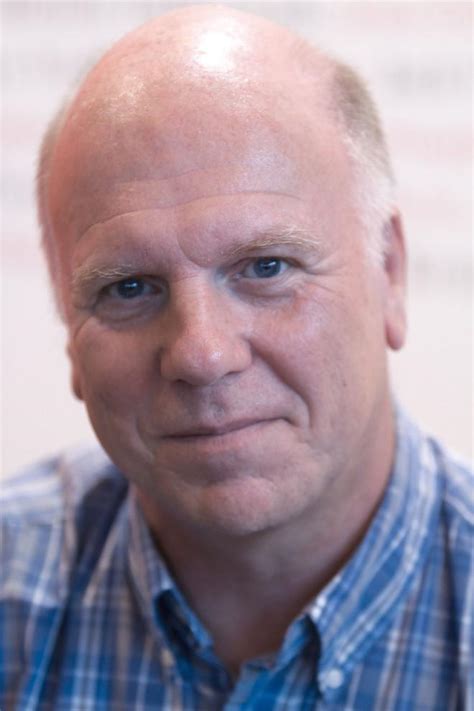A Quote by Greta Salpeter
From a literary standpoint, I've been loving Raymond Carver's short stories, William Carlos Williams' poems, Richard Siken's 'Crush', John Fante, and Jim Harrison's book of ghazals. I love film and photography too, so many of my songs are very image rich from those influences.
Related Quotes
There's always been what I would call the William Carlos Williams strain, in which poems of simplicity and clarity are valued by a different community. I was talking to Galway Kinnell one day, and he said that there was an audience for poetry up until about 1920 and then, from that point on, the poets and the critics drifted.
That became my aesthetic - a very Chekhovian, American realist aesthetic in the tradition of Raymond Carver, Richard Ford, and Tobias Wolff. The perfectible, realist story that had these somewhat articulate characters, a lot of silence, a lot of obscured suffering, a lot of manliness, a lot of drinking, a lot of divorces. As my writing went on, I shed a lot of those elements.
One of the appeals of William Carlos Williams to me is that he was many different kinds of poet. He tried out many different forms in his own way of, more or less, formlessness. He was also a poet who could be - he was a love poet, he was a poet of the natural order and he was also a political poet.
I started writing the book without realizing I was writing a book. That sounds stupid, but it's true. I'd been trying and failing to make a different manuscript work, and I thought I was just taking a break by writing some short stories. I'm not a very good short story writer - the amazing compression that is required for short stories doesn't come easily to me. But anyway, I thought I'd try to write some short stories. And a structure took shape - I stumbled upon it.
I don't like to waste notes, not even one. I like to put the right note in the right place, and my influences have always been those kinds of players. Keith Richards comes to mind, and I really like Nils Lofgren's soloing, because he's so melodic. I love John Lennon's rhythm playing, and George Harrison was an incredible guitarist.
I used to write my own versions of famous tales, such as William Tell or Robin Hood, and illustrate them myself, too. When I entered my teens, I got more into horror and science fiction and wrote a lot of short stories. A literary education complicated things and for many years I wrote nothing but poetry. Then I got back to story-telling.
